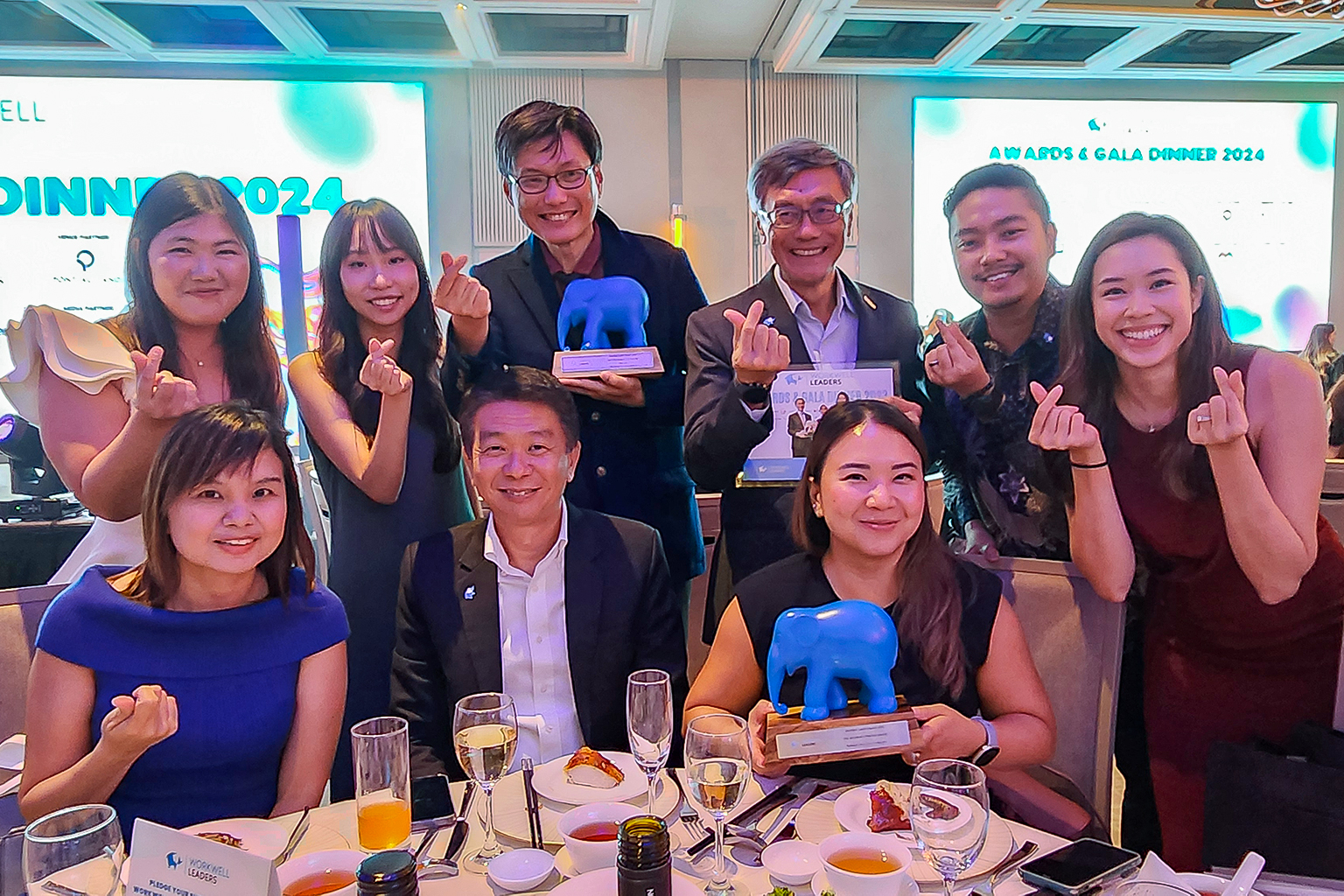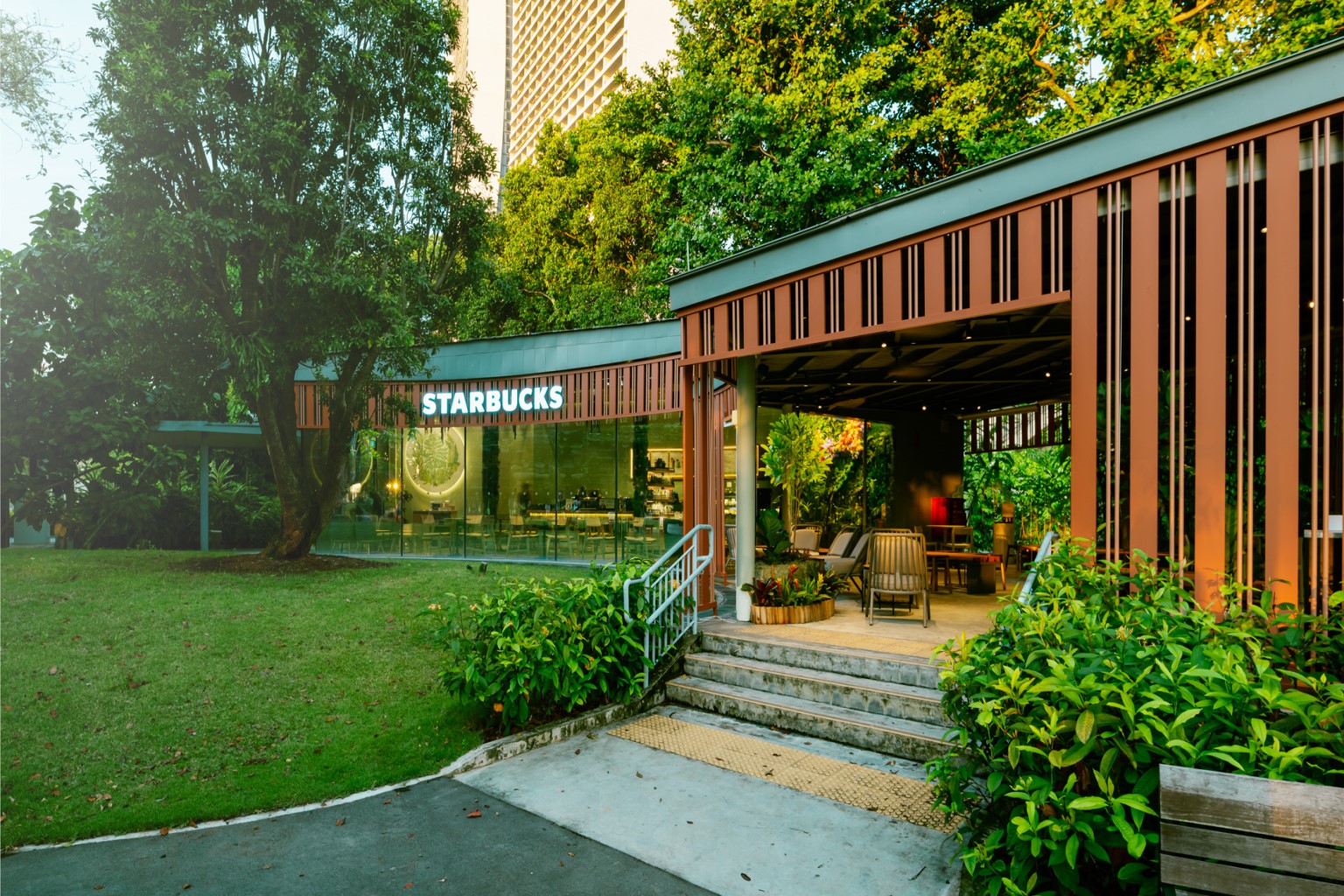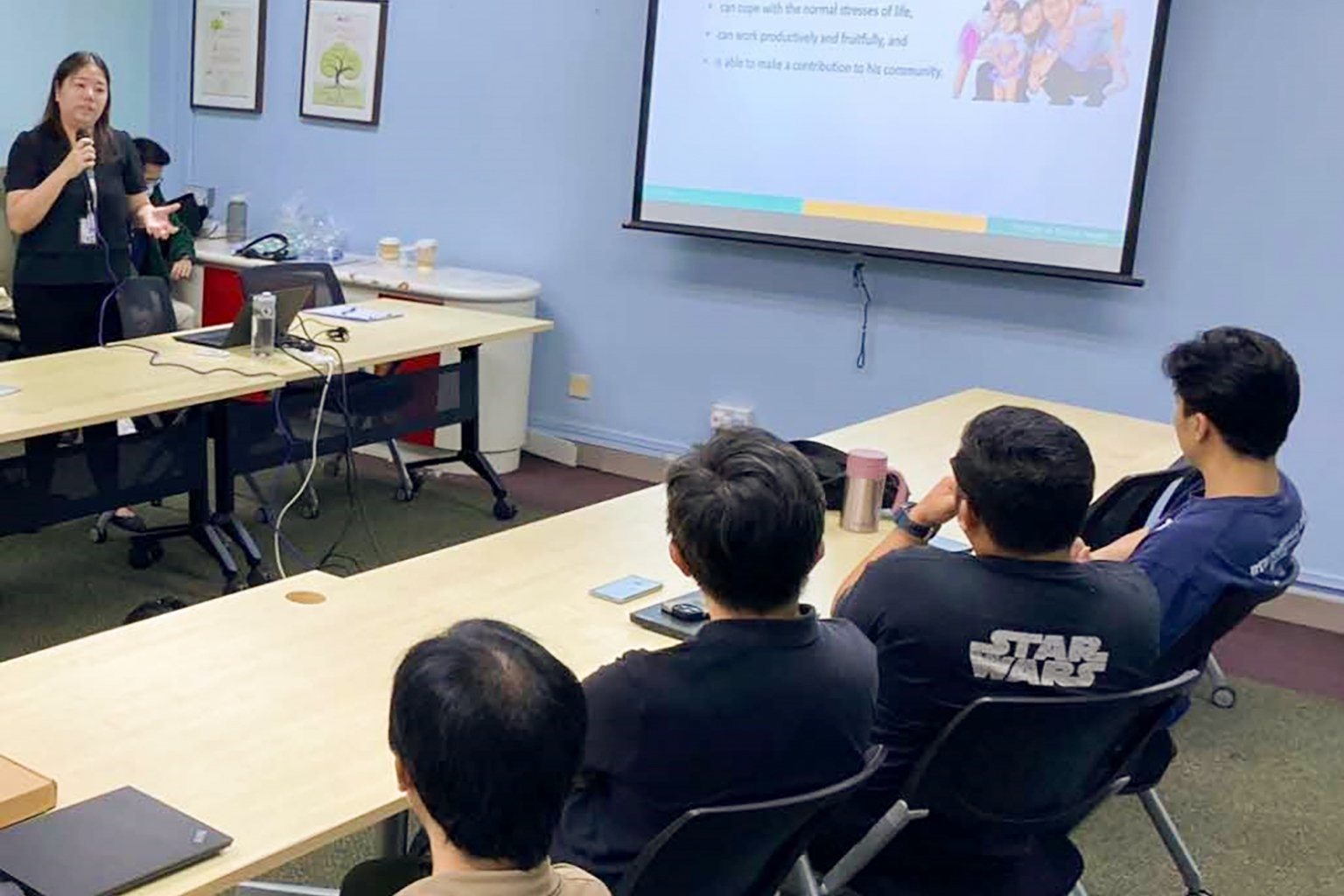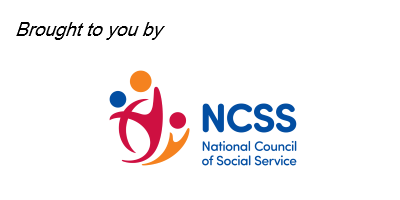BRANDED CONTENT
Flexible work, peer support: S’pore employers prioritise mental health to boost workplace wellness
Organisations like NUS, Starbucks, and Guardian are helping those in need of emotional support thrive at work, all while aligning with the Government’s Mental Health and Well-being Strategy

National University of Singapore was recognised at the WorkWell Leaders Awards 2024 for the organisation’s well-being practices. PHOTO: NATIONAL UNIVERSITY OF SINGAPORE
When Ms Jane Tan (not her real name) returned to work after four difficult weeks battling depression, her greatest fear was not the workload, but the questions she might face from her colleagues during lunch.
“Why were you gone for so long?”, “What made you so sad?”, “Do you have to be medicated now?”
To her relief, her worries were unfounded. Her colleagues at the National University of Singapore (NUS) did not pry or judge. They understood her situation, thanks to the university’s Mental Health Return-to-Work programme designed to help employees recovering from or managing a mental health condition find their footing again.
“They’re assigned a dedicated care manager who offers emotional support, guiding them step by step back into the workplace. These care managers also work with the employee-in-recovery and relevant stakeholders such as human resources and their reporting managers on practical matters, like making necessary workplace adjustments and accommodations,” says Mr Muhamad Haikel Bin Mohamed, lead, Special Projects, NUS Health & Wellbeing.
Working closely with Ms Tan’s supervisor, the care manager arranged for her to work from home on certain days, providing her with the flexibility she needed to attend treatment. Her supervisor also adjusted her workload, gradually increasing it as she showed signs of improvement.
Knowing that her employer was fully behind her, Ms Tan began to feel like herself again. Slowly but surely, she settled into the rhythm of corporate life, commuting to and from the office and enjoying lunchtime with her colleagues.
This is just one aspect of the university’s WellNUS Workplace Mental Health Framework, which also includes a peer staff support programme – a two-day workshop organised by the university’s Health and Wellbeing unit.
“The workshop teaches us how to spot a colleague who’s not feeling their best and what to say and do, so employees don’t feel so intimidated when they approach someone who is upset,” explains Ms Michelle Lee, lead of Programme Management, NUS Health & Wellbeing.
According to a survey conducted with peer staff supporters, the workshop made 97 per cent of participants feel more confident in providing support to their peers. Assistant professor Sarada Bulchand, who has attended this workshop shared that the skills she gained were valuable in both her professional and personal lives.
“The peer staff support training equipped me with the right tools to support individuals experiencing stress, anxiety or low mood,” she says. “When a peer was feeling distraught, I was able to provide a listening ear and empathy… I believe the few moments I spent with them helped them to cope temporarily.”
Finding strength in diversity
NUS won two awards at the WorkWell Leaders (WWL) Awards 2024 last March for its exemplary efforts and commitment to health and well-being in the workplace. These initiatives also align with the National Mental Health and Well-being Strategy, which was rolled out in October 2023. Improving workplace mental health and well-being is one of its four focus areas.
As a key partner in this strategy, the National Council of Social Service (NCSS) has also launched the Beyond the Label Collective Workplace Workgroup nationwide initiative. This programme aims to raise awareness about the importance of inclusive workplaces that support mental health and well-being, inspiring more employers to address the stigma and promote social inclusion for persons with mental health conditions.
"Creating a supportive workplace for individuals with mental health conditions involves ongoing commitment on the part of employers. By providing the right support, we not only give individuals the opportunity to thrive, but also foster a more inclusive and resilient workforce,” says Ms Tan Li San, NCSS’ chief executive officer.
To bring this vision to life, NCSS works hand-in-hand with employment support agencies to create job opportunities. This addresses a critical need, as the unemployment rate for persons with mental health conditions was twice as high as for those without, according to the 2016 Singapore Mental Health Study.
NCSS studies also show that only 39.3 percent of employees feel their organisation provides sufficient support for their mental well-being, while 18.6 percent feel they receive no support at all.
However, this campaign is about more than just opening doors; it is about creating spaces where everyone feels safe, understood and valued.
“I applaud the organisations that have taken meaningful steps to build mental health-friendly workplaces. These organisations benefit from a diverse workforce with different strengths and experiences, and have been observed to have higher employee engagement and retention,” adds Ms Tan.
Fostering social inclusion
The National Council of Social Service (NCSS) is promoting the inclusive hiring of persons with mental health conditions via the Beyond the Label Collective Workplace Workgroup initiative. This programme focuses on creating supportive environments for persons with mental health conditions and is built on three key pillars:
- Building an inclusive culture and making workplace adjustments
- Implementing workplace peer support and creating safe spaces through staff and supervisor training
- Partnering with employment support agencies to hire and support persons with mental health conditions
To guide companies in building an inclusive workplace, NCSS recommends following its ADAPT strategies:
A – Advance awareness and dialogue on mental health
D – Develop strategies to monitor and strengthen employee mental well-being
A – Appoint a Workplace Mental Well-being Champion
P – Partner with employment support agencies for Return-to-Work and employment support
T – Train supervisors and colleagues to support employees with mental health conditions
Brewing up a culture of inclusivity

Another company that embodies inclusivity, both in its people and its policies, is Starbucks.
Service roles can be challenging for persons with mental health conditions. Loud noises, bright lights in busy cafes, and constant customer interaction can overwhelm those with sensory sensitivities, social anxiety, or depression.
To address these realities, Starbucks provides flexible hours and allows its employees – whom it refers to as partners – with mental health conditions to choose their work locations. At times, they are assigned to quieter shifts and stores, where managers are specifically trained to support their well-being.
“Sometimes, the person-in-recovery would have meltdowns, but team members who have been trained will know how to manage the situation without disrupting the business, all while protecting the employee’s dignity,” says Ms Celestina Lee, the head of Human Resources at Starbucks Singapore.
Compassionate colleagues, combined with medical coverage for psychiatric services, empower employees with mental health conditions to return to work while looking after themselves.
When needed, job redesigns are also implemented to help them not just get by, but truly thrive in their roles.
“Like all our employees, our persons in recovery have equal opportunities to shine, in various aspects of our business including inventory management, creating latte art or cafe management,” adds Ms Lee.
“This diversity in strengths and abilities actually helps us create a more well-rounded and effective team. It’s not about accommodating limitations, but rather about recognising and leveraging unique talents.”
Inspiring confidence in employers
NCSS has designed a framework that guides organisations to hire and support persons with mental health conditions in the workplace. Yet, despite this support, some employers still harbour doubts.
“Employers will question, ‘Are persons with mental health conditions able to do the work assigned to them?’ To keep their business going, they still need them to perform at a certain level,” says Ms Cai Meizhen, a Senior Occupational Therapist at the OcTAVE Outpatient Rehabilitation Centre at the Institute of Mental Health Singapore (IMH).
This is precisely where the IMH OcTAVE team steps in. It reassures employers that each applicant has been assessed for their ability to contribute, providing much-needed reassurance for employers like Guardian.
“For Guardian, where part of the role involves direct interaction with customers, we focus on whether candidates can engage with people without becoming anxious and respond confidently to customer inquiries,” Ms Cai explains.
Having successfully matched persons with diverse mental health conditions to the right jobs, the IMH OcTAVE team tailors their guidance to each partnership.

“We walk employers through case studies of real-life scenarios that persons-in-recovery may encounter, educating them on how different mental health conditions may manifest at work and how to manage them,” Ms Cai adds.
To ensure the work remains manageable, the team also advises on certain accommodations. For instance, employees who experience drowsiness as a side effect in the mornings due to medication might be scheduled for afternoon shifts, allowing them to work at their best.
Ms Cai and her team members remain actively involved, regularly supporting during the first six months as these employees transition to greater independence. Behind the scenes, they also play a crucial role in training those who work alongside them.
In June 2024, IMH completed another round of their employer workshop, which eight store managers from Guardian attended to learn more about common mental health conditions, the associated symptoms and how to better support team member's mental health and wellness.
Ms Miranda Eleanor Libanan, a senior store manager and Guardian buddy at the Paragon outlet, says: “Supporting a colleague’s mental well-being has been incredibly rewarding. It has broadened my perspective and enhanced my communication skills.”
If your organisation is looking to hire or support persons with mental health conditions at the workplace, reach out to NCSS for guidance and relevant resources.



